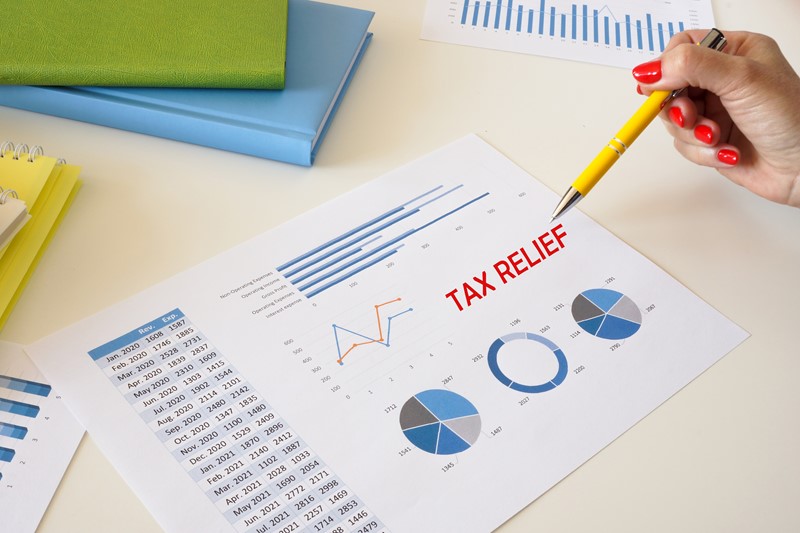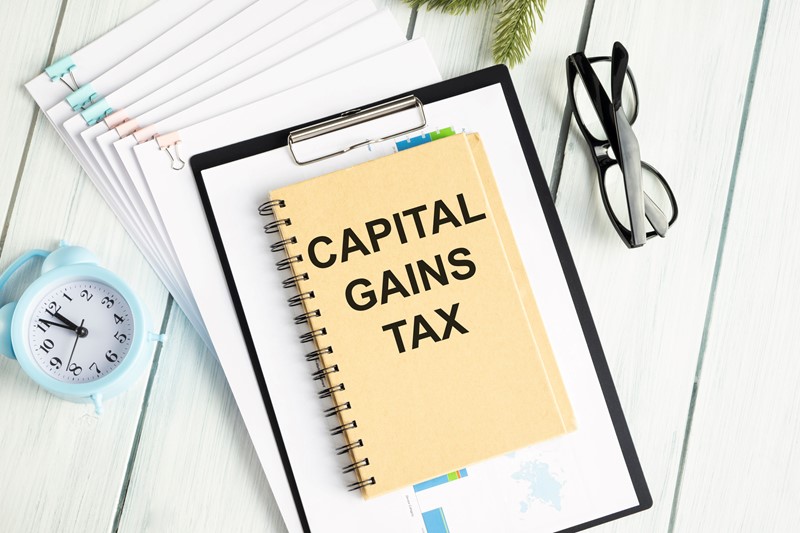Rolling Over Capital Gains

Business Asset Rollover Relief, allows taxpayers to defer Capital Gains Tax (CGT) on gains arising from the sale or disposal of certain business assets, provided the proceeds are reinvested into new
Deferring gains using Incorporation Relief

Thinking of transferring your sole trader or partnership business into a limited company? Incorporation Relief can help defer any capital gains tax on assets like goodwill. If the entire business is
Business Asset Disposal Relief rates from April 2025

Business Asset Disposal Relief (BADR) provides a reduced Capital Gains Tax (CGT) rate on the sale of a business, shares in a trading company, or an individual’s interest in a trading partnership. This
CGT holding over gains if you gift business assets

Gift Hold-Over Relief lets you defer Capital Gains Tax when giving away business assets or qualifying shares. It can be a tax-smart move for passing on wealth, but strict rules apply. Here’s what you
Making a negligible value claim with HMRC

A negligible value claim lets taxpayers declare an asset worthless for tax purposes, realising a capital loss without selling. This can be backdated up to two years, offering flexibility in managing
More tax on business disposals from April 25

From April 2025, the Capital Gains Tax rate on Business Asset Disposal Relief rises from 10% to 14%, increasing to 18% in 2026. Business owners planning to sell may benefit from acting before these
Letting out part of your home – claiming lettings relief

Renting out part of your home may affect Capital Gains Tax when you sell. While Private Residence Relief applies, Letting Relief can reduce taxable gains. Learn how PRR, Letting Relief, and exemptions
Tax when transferring assets during divorce proceedings

Separation and divorce can create tax implications, particularly Capital Gains Tax (CGT) on asset transfers. New rules from April 2023 extend the ‘no gain/no loss’ period, helping spouses manage tax
Rolling over capital gains

Business Asset Rollover Relief allows you to defer Capital Gains Tax (CGT) when reinvesting proceeds from selling business assets. By rolling gains into the cost of new assets, tax is postponed until
Designating a property as your main residence

Owning more than one property? You can claim Capital Gains Tax (CGT) relief on just one at a time. By formally electing your main residence within two years of property changes, you can optimise your


